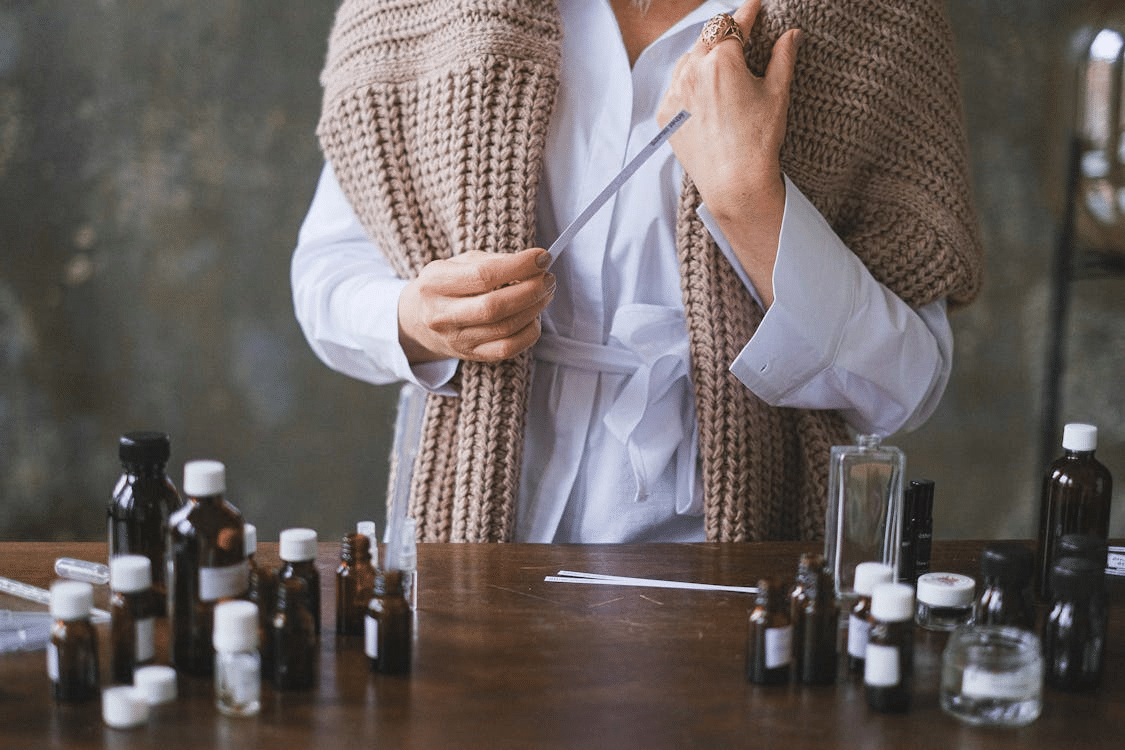Lemongrass is a popular ingredient in natural skincare, often praised for its fresh scent and antibacterial properties. However, while it may have some benefits, it is not always the safest choice for direct application on the skin. Despite its widespread use in essential oils and beauty products, lemongrass can pose risks that may lead to irritation, allergic reactions, and long-term skin damage.
Potential Risks of Lemongrass in Skincare
1. Skin Irritation and Sensitivity
Lemongrass essential oil is highly concentrated and contains compounds such as citral and geraniol, which can cause irritation when applied to the skin. Studies indicate that lemongrass can lead to redness, itching, and burning sensations, particularly for individuals with sensitive skin (Healthline).
2. Phototoxicity Concerns
Some citrus-derived essential oils are known to be phototoxic, meaning they can increase the skin’s sensitivity to sunlight, leading to burns and hyperpigmentation. While lemongrass is not classified as a phototoxic oil, it can still cause irritation and increased sensitivity when exposed to UV rays, making it unsuitable for daytime skincare use.
3. Risk of Allergic Reactions
Lemongrass oil is known to be a common allergen. According to Medical News Today, individuals with allergies to grasses and plants from the Poaceae family may experience rashes, swelling, and even breathing difficulties after exposure to lemongrass (Medical News Today). Those with eczema or pre-existing skin conditions are particularly vulnerable.
4. Disruption of the Skin Barrier
Healthy skin relies on a strong protective barrier to maintain hydration and protect against environmental stressors. The high concentration of citral in lemongrass oil can strip the skin of natural oils, leading to dryness and an increased risk of irritation or breakouts. Long-term use may weaken the skin barrier and contribute to premature aging.
5. Not Suitable for All Skin Types
While some claim lemongrass helps reduce acne due to its antimicrobial properties, it can be too harsh for acne-prone or sensitive skin. The drying effect of lemongrass can cause overproduction of sebum, leading to more breakouts rather than less. Additionally, individuals with dry or compromised skin may experience excessive peeling and discomfort.
Safer Alternatives for Skincare
If you’re looking for natural skincare ingredients with similar benefits but fewer risks, consider these alternatives:
- Chamomile – A soothing anti-inflammatory ingredient that calms irritation.
- Green Tea Extract – Offers antioxidant protection without the harshness of lemongrass.
- Jojoba Oil – Helps balance oil production and supports the skin barrier.
- Calendula – A gentle botanical known for its healing properties.
Final Thoughts
While lemongrass may smell refreshing and offer antimicrobial benefits, its risks outweigh its rewards when it comes to skincare. Skin irritation, allergic reactions, and potential long-term damage make it a poor choice for most people, especially those with sensitive skin. If you want to maintain a healthy, glowing complexion, it's best to opt for safer, more skin-friendly alternatives.
Always perform a patch test before using any new ingredient on your skin, and consult with a dermatologist if you have concerns about irritation or allergies.




